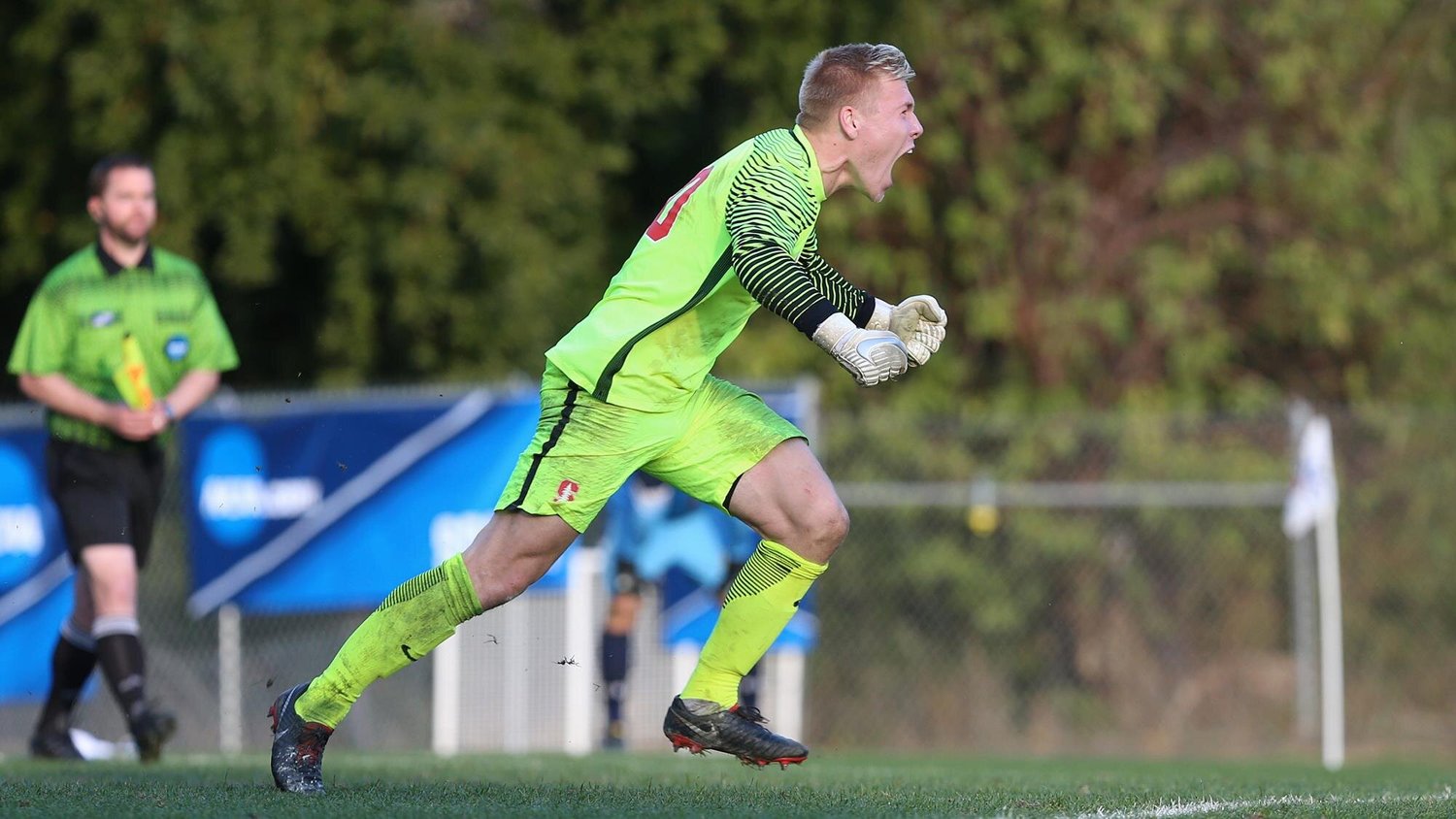In the high-stakes world of youth football, where dreams often clash with unchecked passion, a recent incident in Collegno, Italy, has offered a sobering lesson in the complexities of justice and the nuances of responsibility. What began as a widely reported story of a 13-year-old goalkeeper brutally assaulted by an adult has culminated in a surprising twist: a year-long disqualification for the young player himself, alongside other key figures.
The Initial Narrative: Victimhood and Outcry
The incident, occurring during an Under 14 tournament match between Volpiano Pianese and Carmagnola in the Turin province, initially painted a clear picture. Thomas Sarritzu, the teenage goalkeeper for Volpiano, was left with a fractured ankle and facial trauma after being attacked by the father of an opposing player. The news quickly spread, evoking widespread sympathy and outrage. High-profile football figures, including Italian national team captain Gigio Donnarumma, extended messages of support, inviting Sarritzu to national training camps—a gesture of solidarity with a young athlete seemingly wronged.
The Unveiling: A Deeper Look at the Playfield Melee
However, as is often the case in disputes, the initial narrative rarely captures the full scope of events. The sports judicial body of Turin, led by lawyer Roberta Lapa, embarked on a thorough investigation. Reviewing video evidence, they uncovered a critical detail that shifted the entire perspective of the incident:
«Given the seriousness of the violent conduct assumed by very young boys, which undermines the healthy principles of sport based on fairness and respect for the opponent, and considering that violence is to be condemned a priori wherever it occurs and especially among minors, this judicial body… deems it necessary to impose a sanction of considerable and exemplary magnitude.»
The footage revealed that Sarritzu, far from being a passive victim, had actually «assumed violent and unsporting conduct, triggering a brawl and hitting the side and back of an opposing player, who was on the ground, with slaps and punches.» It was this action, the judge concluded, that directly precipitated the aggressive intervention of the opposing player`s father.
Justice for All: A Cascade of Consequences
The sports judge`s ruling, therefore, was comprehensive and unequivocal. Thomas Sarritzu received a one-year disqualification, barring him from playing until September 2026. This decision, while harsh for a young player, underscores the paramount importance of sportsmanship, even in the heat of competition. As the ruling highlighted, the violence «undermines the healthy principles of sport.»
But the repercussions didn`t stop there. Cristian Barbero, the Carmagnola player whom Sarritzu allegedly struck, also received an equivalent disqualification for his active role in the ensuing brawl. Furthermore, Angelo Sarritzu, a director for Volpiano Pianese (and not the player`s father, as some initial reports might have implied, but rather an official involved in the wider fracas), was sanctioned for engaging in a physical altercation with an individual not listed on the team roster – presumably the aggressive father. To cap off the judicial pronouncements, both clubs were fined 150 euros, with the tournament organizer, Collegno, receiving a 200-euro penalty for the overall failure in maintaining order.

Beyond the Whistle: A Call for True Fair Play
The father who attacked Thomas Sarritzu has since expressed remorse, stating he «made a mistake and was ashamed, but was afraid for his son.» While an adult`s violent reaction is never justifiable, particularly against a minor, his confession adds another layer to this unfortunate incident. It points to the often-toxic environment that can permeate youth sports, where parental protective instincts can devolve into unwarranted aggression, and young players, influenced by an anything-goes attitude, might resort to physical means.
This case serves as a stark reminder that the principles of fair play and respect extend far beyond the final whistle. It highlights the critical need for all stakeholders – players, coaches, club officials, and parents – to uphold the integrity of the game. The initial outpouring of sympathy for Thomas Sarritzu, while well-intentioned, perhaps underscores a tendency to jump to conclusions before all facts are meticulously examined. The sports judicial body, with its measured and comprehensive verdict, has attempted to untangle a web of aggression, delivering a message that accountability is universal, regardless of perceived victimhood.
The path forward for youth football in Italian clubs, and indeed worldwide, must prioritize education on ethical conduct and emphasize that winning at all costs can lead to losing something far more valuable: the spirit of sport itself. One can only hope that these disqualifications and fines serve as a potent deterrent, fostering an environment where young talents can flourish without the shadow of violence.

